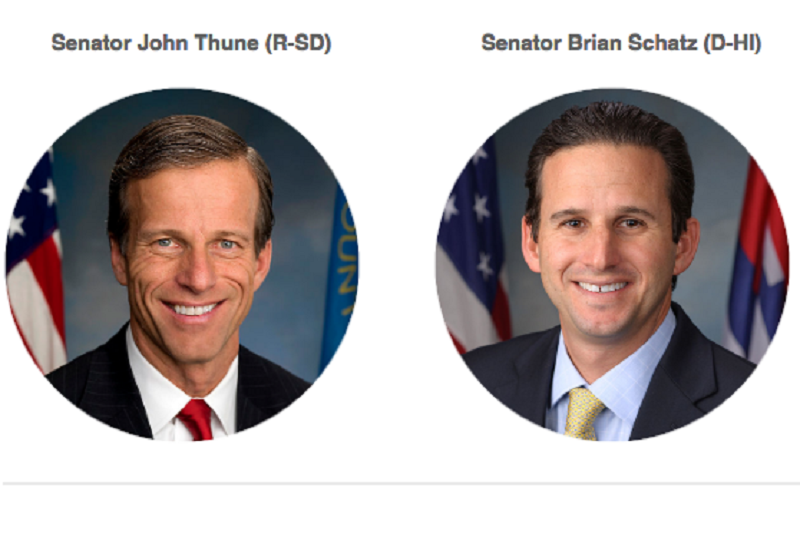Comcast Touts 100 Gigabit Service, SHLB Seeks Reconsideration on Telehealth, Senate Clears Emergency Communications
Comcast announced Wednesday that it would begin broadband marketing plans reaching speeds up to 100 gigabits per second to businesses, Post and Courrier reports. The company also announced that it has finished a $14-million upgrade to its fiber network in the Charleston, South Carolina, area. Comcas

Comcast announced Wednesday that it would begin broadband marketing plans reaching speeds up to 100 gigabits per second to businesses, Post and Courrier reports. The company also announced that it has finished a $14-million upgrade to its fiber network in the Charleston, South Carolina, area.
Comcast said it will be the first to offer 100 gigabit-per-second internet, with a 122-mile network of fiber optic cable geared for commercial customers with massive data needs. These speeds would be about 4,000 times faster than the Federal Communications Commission’s minimum standard.
Gigabit speeds have been available to homes and businesses in Comcast’s footprint since October 2018. Currently, Xfinity customers in Charleston can buy access to gigabit internet for roughly $80 per month, with slower plans costing as little as $20 per month.
SHLB seeks reconsideration of FCC rural telehealth order
The Schools, Health & Libraries Broadband Coalition petitioned the Federal Communications Commission Tuesday to reconsider some portions of the agency’s Promoting Telehealth in Rural America Report and Order. The primary concern was that the R&O is likely to raise the costs of broadband for many rural healthcare providers.
The FCC should reconsider the funding prioritization system for when either of the Rural Healthcare Program funding caps are exceeded, SHLB wrote. SHLB also requested clarification of how medically underserved or population designations are treated in sparsely populated countries.
SHLB Coalition Executive Director John Windhausen expressed his support of the FCC’s efforts to improve telemedicine for rural Americans. However, he cautioned that the changes made to the RHC program may cause unintended harm to healthcare providers and patients.
“We ask that the FCC revisit several aspects of the Order to eliminate the discrimination against health care consortia and rectify the rate-setting process for participants in the Telecommunications program,” Windhausen said.
Senate Commerce Committee clears emergency communications measure
The Senate Commerce Committee approved S.2693, the Reliable Emergency Alert Distribution Improvement Act of 2019 in a Wednesday markup, Broadcasting and Cable reports.
The bill, co-sponsored by Sens. Brian Schatz, D-Hawaii., John Thune, R-S.D., would improve the wireless and broadcast emergency alert system and prevent its accidental triggering. It would also allow broadcasters to repeat presidential and FEMA alerts.
Other attributes of the bill include eliminating the option to opt out of receiving certain federal alerts on mobile phones, establishing a reporting system for false alerts so the FCC can track when they occur and examine their causes and an option to offer emergency alerts to audio and video online streaming services, such as Netflix and Spotify.








